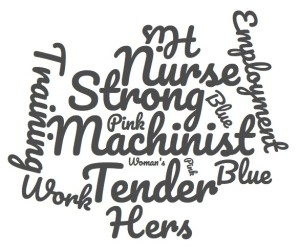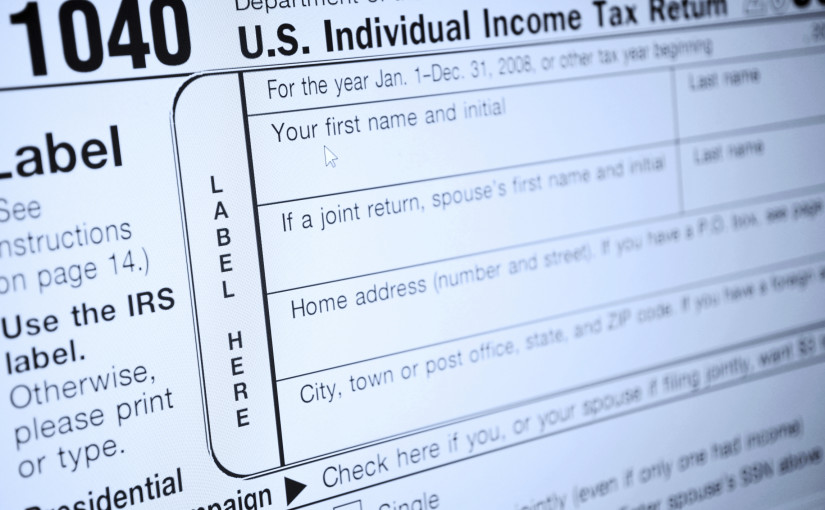2020 was a wild year. Many collected unemployment, received government stimulus checks, and worked from home, which brings a multitude of questions as tax filing season approaches. Tara Siegel Barnard for the New York Times offers answers to the most pressing tax inquiries and shares tips on how to save money. From teachers to retirees to charitable giving and student loans, she covers the bulk of current issues when filing your return. How the Pandemic Has Changed Your Taxes Need more help? Contact Debra at 512 484 8016.
Tag: unemployment
Pink Collar?
 As more and more traditionally male, “blue-collar” jobs disappear, a new trend of “pink-collar” work is on the rise. This is causing an interesting divide in the workplace where unemployed men are not willing to move into these jobs such as health aide. One that takes soothing and calm, a “woman’s touch,” one man quipped in the article, Why Men Don’t Want the Jobs Done Mostly by Women. Even as factories continue to close or automate, men are not seeking these types of middle-skill jobs. Although lack of training and need for extra schooling play a part, researchers and sociologists are finding that the biggest reason is how the jobs are viewed. At this point, many employers are turning to rebranding to encourage more men to apply. One such ad in a hospital compared the excitement of being a surgery nurse to the rush of mountain climbing.
As more and more traditionally male, “blue-collar” jobs disappear, a new trend of “pink-collar” work is on the rise. This is causing an interesting divide in the workplace where unemployed men are not willing to move into these jobs such as health aide. One that takes soothing and calm, a “woman’s touch,” one man quipped in the article, Why Men Don’t Want the Jobs Done Mostly by Women. Even as factories continue to close or automate, men are not seeking these types of middle-skill jobs. Although lack of training and need for extra schooling play a part, researchers and sociologists are finding that the biggest reason is how the jobs are viewed. At this point, many employers are turning to rebranding to encourage more men to apply. One such ad in a hospital compared the excitement of being a surgery nurse to the rush of mountain climbing.
Who Has The Higher Unemployment Rate?
 This month, many high school graduates walked the stage and are now preparing for the next step in their education. Will the college training they seek really help them get a better job and make more money? According to the current unemployment statistics, the answer to that question is, Yes. Quoctrung Bui for the New York Times highlights this point in the article, The One Question Most Americans Get Wrong About College Graduates. Even when the economy is down and college grads have difficulty finding work, those with degrees have a better chance of acquiring sustainable jobs that ultimately make more money than their non-degreed counterparts.
This month, many high school graduates walked the stage and are now preparing for the next step in their education. Will the college training they seek really help them get a better job and make more money? According to the current unemployment statistics, the answer to that question is, Yes. Quoctrung Bui for the New York Times highlights this point in the article, The One Question Most Americans Get Wrong About College Graduates. Even when the economy is down and college grads have difficulty finding work, those with degrees have a better chance of acquiring sustainable jobs that ultimately make more money than their non-degreed counterparts.
